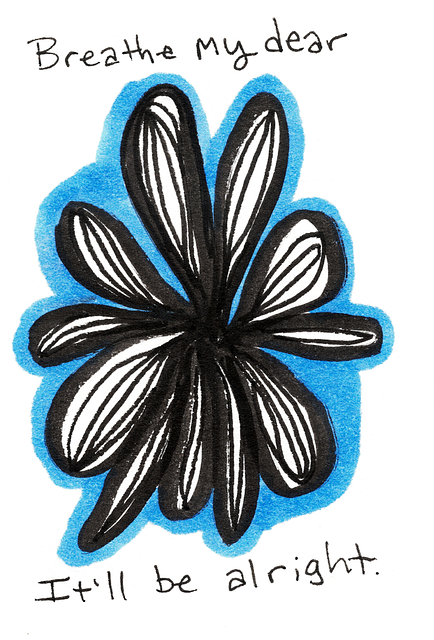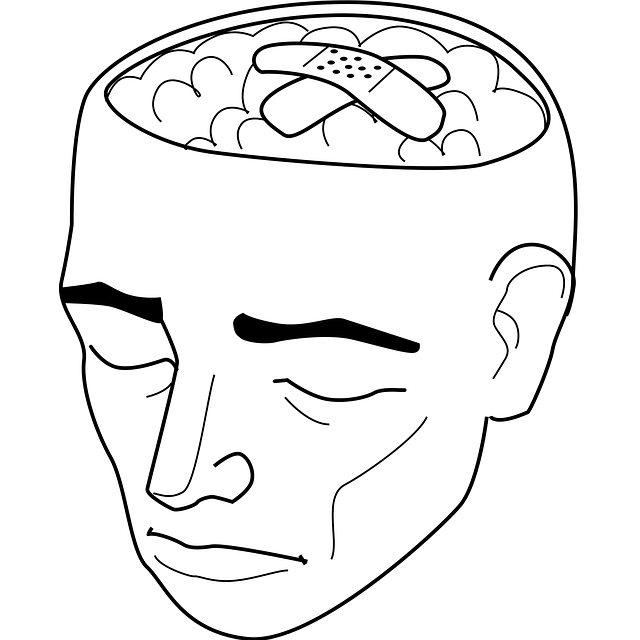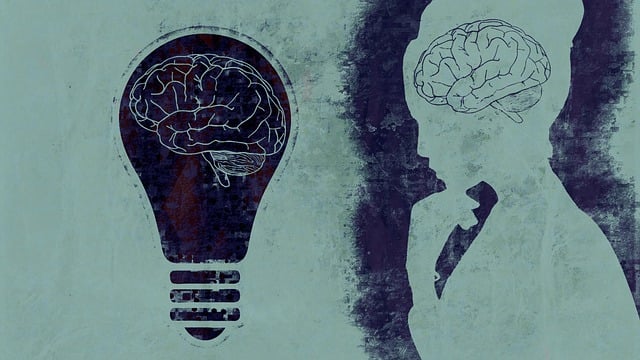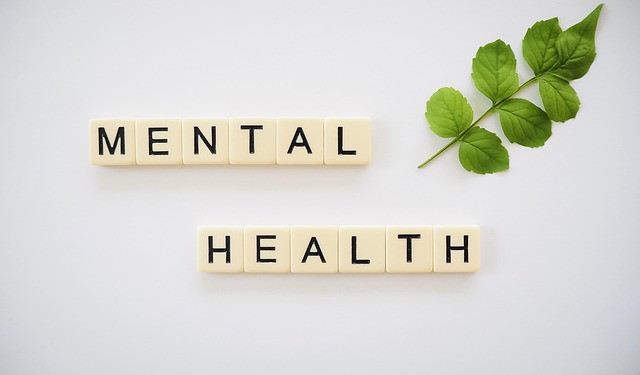Mental wellness is a key aspect of overall well-being, and Lone Tree Child Abuse Therapy emphasizes its importance through self-care practices and mindsets. Journaling, recognized as a therapeutic tool, offers individuals a safe space to process emotions, manage stress, and develop coping strategies. Regular journaling helps identify triggers, fosters emotional expression, and promotes mental wellness, especially when combined with professional therapy. Creating a dedicated, peaceful space encourages introspection, enhances self-awareness, and supports personal growth, all vital components emphasized by Lone Tree Child Abuse Therapy for healing and improved mental health.
“Unwind and reconnect with yourself through the powerful practice of mental wellness journaling, a therapeutic journey towards better emotional health. This guide aims to empower individuals, especially those navigating challenges similar to those addressed by Lone Tree Child Abuse Therapy, by exploring the benefits of self-expression through writing. We’ll delve into how journaling can enhance mindfulness, provide closure, and foster healing in daily life, offering practical tips for establishing a safe, personal practice.”
- Understanding Mental Wellness and Its Impact on Daily Life
- Journaling as a Therapeutic Tool for Emotional Expression
- The Benefits of Regular Journaling for Mindfulness and Healing
- Creating a Safe Space: Setting Up Your Personal Journaling Practice
- Techniques and Prompts for Effective Mental Wellness Journaling
Understanding Mental Wellness and Its Impact on Daily Life

Mental wellness is a fundamental aspect of our overall well-being, influencing how we think, feel, and act in our daily lives. It encompasses emotional, psychological, and social health, allowing individuals to navigate challenges, make meaningful connections, and lead fulfilling lives. Understanding mental wellness involves recognizing its dynamic nature; it can fluctuate from day to day, influenced by various factors such as stress, relationships, and life experiences. When mental wellness is compromised, it can significantly impact daily functioning, making tasks that seem mundane or simple suddenly overwhelming.
At Lone Tree Child Abuse Therapy, we emphasize the importance of prioritizing mental wellness, especially during challenging times. Adopting mind over matter principles and integrating self-care routines into our lives are essential tools for managing and enhancing our mental health. By developing coping skills, individuals can better navigate stress, anxiety, or trauma, fostering resilience and a sense of control. These practices encourage open communication about emotions, providing a safe space to express oneself and cultivate positive strategies for dealing with life’s ups and downs.
Journaling as a Therapeutic Tool for Emotional Expression

Journaling has emerged as a powerful therapeutic tool for individuals seeking to understand and manage their emotions. By putting pen to paper, one can explore thoughts and feelings in a safe, private space, making it an accessible and effective method for emotional expression. This practice allows people to gain valuable insights into their mental state, helping them process complex emotions like anxiety or stress, which are often at the root of various psychological issues.
For instance, Lone Tree Child Abuse Therapy encourages journaling as a means to foster self-awareness and healing. Through regular reflection, individuals can identify triggers, develop communication strategies for expressing their needs, and ultimately find healthy outlets for their emotions. This process not only aids in anxiety relief and burnout prevention but also enhances overall mental wellness by promoting better understanding of oneself and one’s experiences.
The Benefits of Regular Journaling for Mindfulness and Healing

Journaling has emerged as a powerful tool for cultivating mindfulness and facilitating healing, especially for individuals navigating challenging experiences like those supported by Lone Tree Child Abuse Therapy. Regularly recording thoughts, feelings, and reflections can provide a safe space for self-expression and introspection, allowing one to gain profound insights into their mental state. This practice encourages self-awareness exercises, enabling individuals to identify patterns of behavior, emotions, or triggers that contribute to stress and anxiety. By confronting these issues on paper, it becomes easier to manage and overcome them with the help of professional therapy.
Furthermore, consistent journaling can serve as an effective means of anxiety relief. It offers a sense of control by giving individuals a platform to release their thoughts and worries, ultimately reducing the burden of carrying them alone. This practice can also foster a deeper connection with one’s inner self, leading to improved emotional well-being. Community outreach program implementations that encourage journaling as a therapeutic activity have shown promising results in enhancing mental health awareness and support networks among participants.
Creating a Safe Space: Setting Up Your Personal Journaling Practice

Creating a safe space is an essential step in establishing your personal journaling practice. This can be as simple as finding a quiet corner in your home where you feel comfortable and free from distractions. Consider making it visually appealing with soft lighting, soothing decor, or even a few plants to create a calming atmosphere. Your space should evoke feelings of safety and security, allowing your mind to relax and focus on the process of journaling.
This sanctuary can become your retreat for self-reflection and emotional well-being promotion techniques. Just as Lone Tree Child Abuse Therapy provides a safe haven for healing, your personal journaling space can offer a similar sense of protection and support. By setting aside dedicated time in this space, you’re not only prioritizing mental health education programs design but also creating an opportunity for deep self-exploration and emotional release through the act of writing.
Techniques and Prompts for Effective Mental Wellness Journaling

Mental wellness journaling is a powerful tool for self-reflection and growth, offering individuals a safe space to explore their thoughts and emotions. When approached with intentionality, this practice can significantly contribute to one’s overall well-being. To make the most of it, incorporate various techniques and prompts into your routine. Free writing allows you to pour out your feelings without censorship, while guided prompts encourage deeper introspection. Reflecting on daily experiences and their impact on your mental state is a great way to foster resilience building and self-esteem improvement.
For instance, consider the simple act of describing your surroundings. This exercise not only promotes mindfulness but also helps in cultivating empathy for both yourself and others. By acknowledging your emotions and thoughts in writing, you can gain valuable insights into patterns that contribute to your mental wellness. Lone Tree Child Abuse Therapy emphasizes the importance of such practices in fostering personal growth and healing. Through consistent journaling, individuals can develop a stronger connection with their inner selves, leading to enhanced emotional intelligence and overall mental fortitude.
Mental wellness journaling can be a powerful tool for personal growth, offering a safe space to express emotions and reflect on daily life. By incorporating techniques like Lone Tree Child Abuse Therapy’s prompts, individuals can enhance mindfulness, process experiences, and promote overall healing. Regular practice fosters self-awareness, enabling people to navigate life’s challenges with greater resilience and emotional intelligence. So, why wait? Start journaling today and embark on a journey of self-discovery and wellness.














